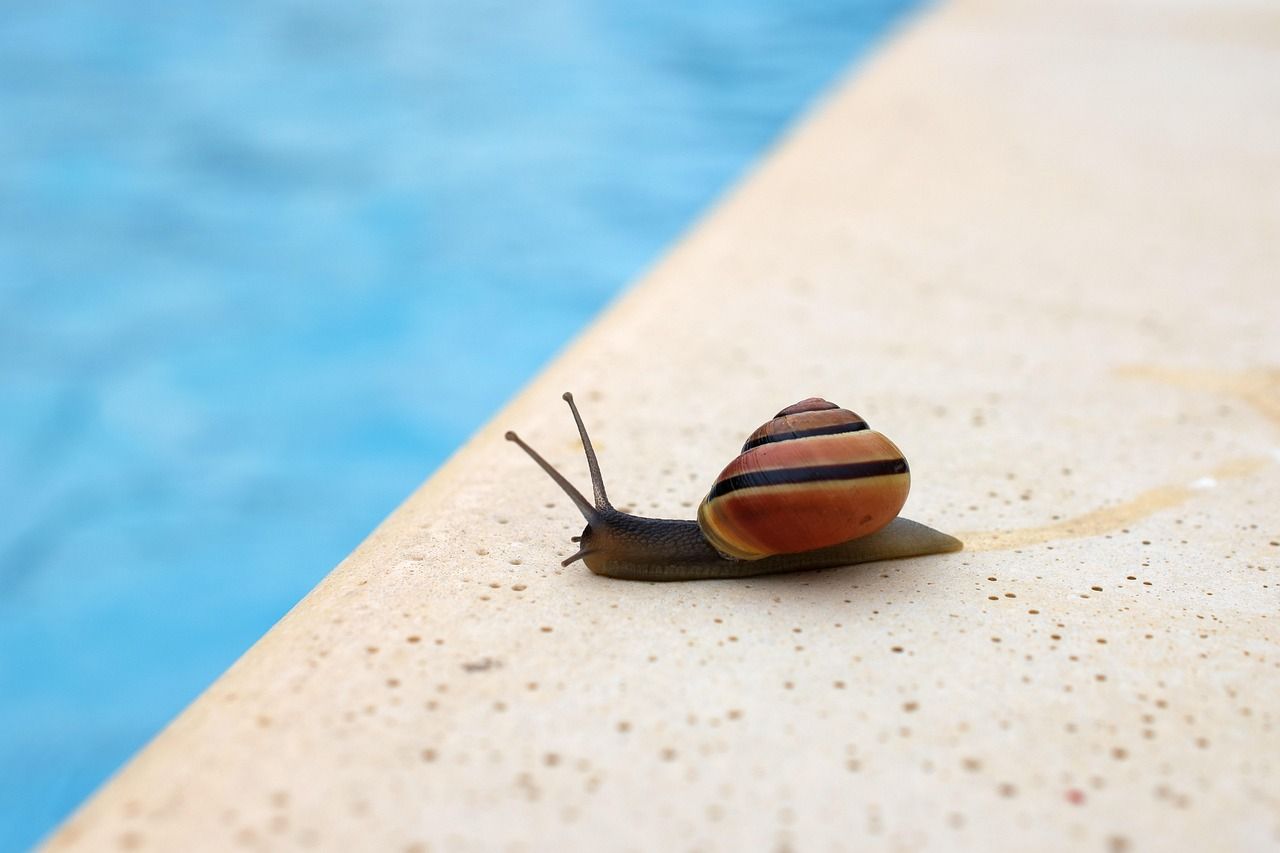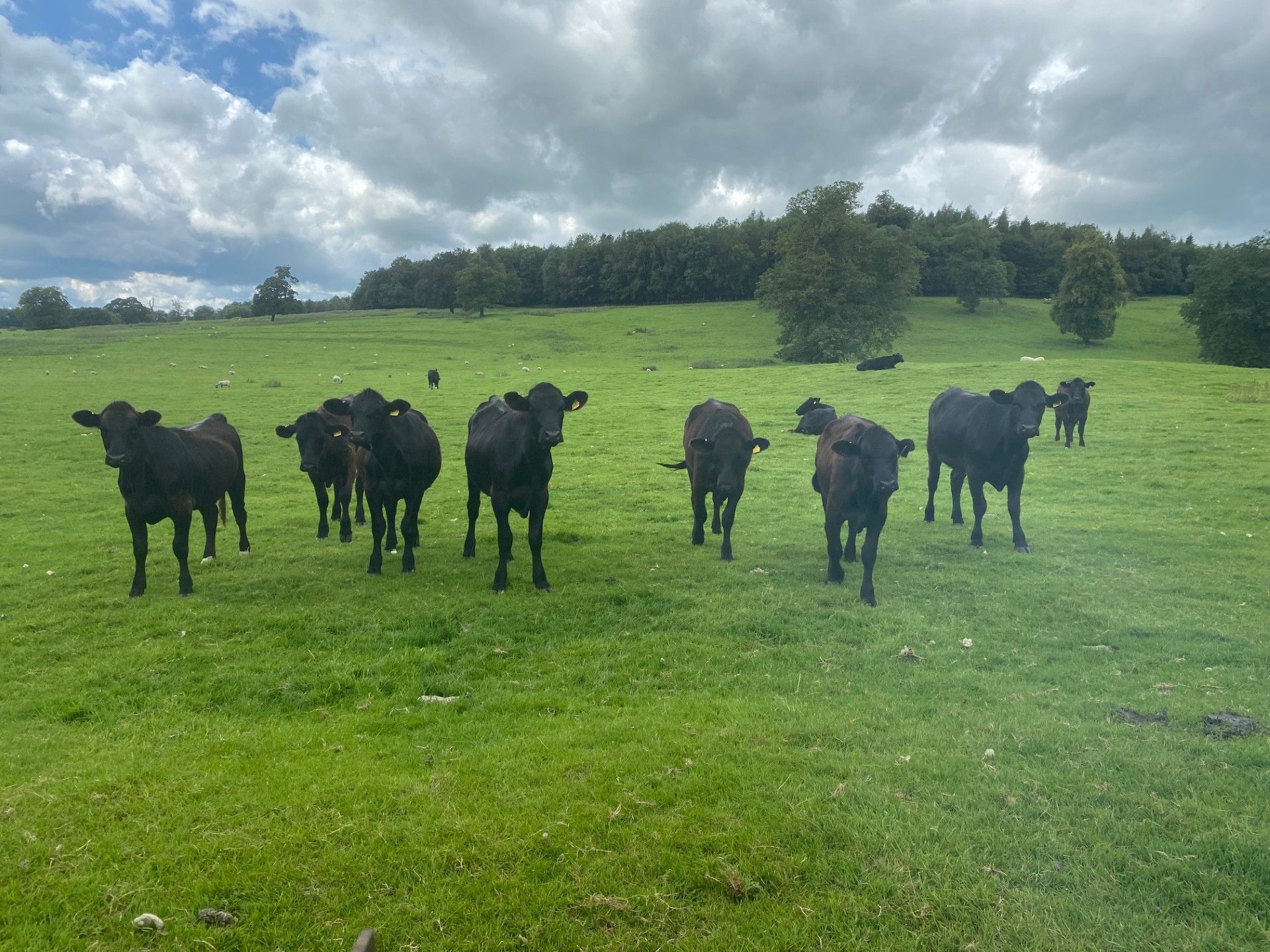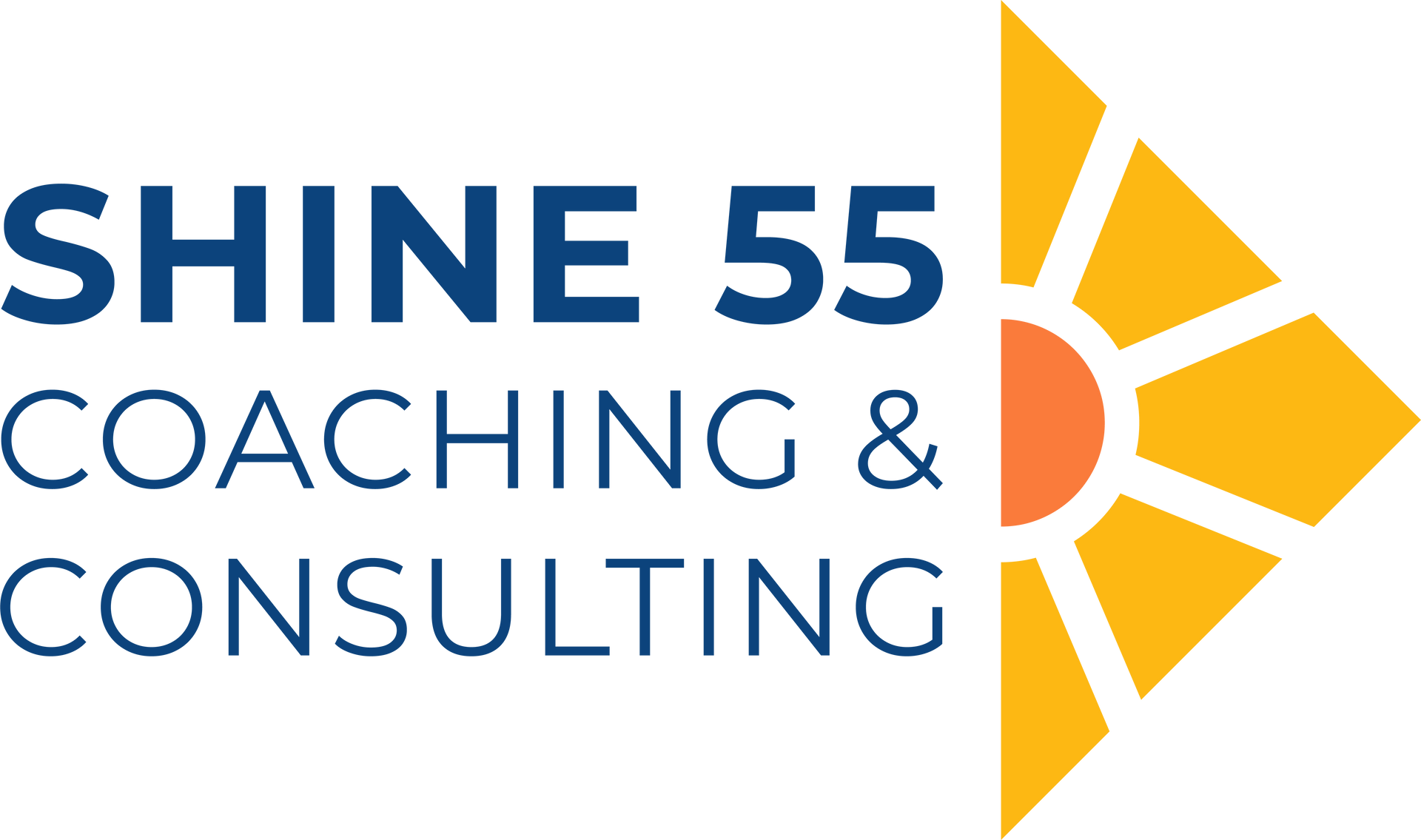Leadership resilience – Culture and DIY!
Have you been told in your career ‘you just need to toughen up’ or ‘you care too much’ or ‘you take things too personally? Did you gasp as you attempted to process how anyone can ever care too much about the organisation they work for or that it’s deemed a weakness?
There are 2 ways to think about this:
Company culture – setting you up to fail
It doesn’t take a rocket science to conclude that a cut-throat organisational culture, or being expected to operate under pressure for sustained periods isn’t conducive to well-being or performance. However, there are other less obvious cultural considerations that impact resilience too. For example, when organisational values are out of kilter with your own, or you’re on the receiving end of ‘that’s not how we do things round here’. Or even harder still, when there’s polite nodding when giving your recommendation or point of view, but nothing changes. It can be exhausting, frustrating and make you question yourself. If that’s the case, it’s probably time to have a rethink on whether the organisation is right for you.
DIY - build your own resilience
It’s a common belief that people are born ‘made of strong stuff/emotionally strong/tough’. Often those same people dismiss the view that they’re resilient, despite have life stories that repeatedly suggest the contrary. Research* shows there are 5 influences on resilience:
- Your cheerleader - Have one caring champion of you in your corner. This can be a significant other, boss, peer, family member, friend, a coach, the list goes on, and that person can change over time. By having someone who is going to support you, even when you mess up (we all do it sometimes), you create a psychological safety net.
- Head & heart alignment - Critical thinking, problem solving, and innovation are important leadership skills, but resilient people have an alignment between their head and heart. In essence they feel AND think.
- Jog on - Trying to change things that can’t be influenced by you will eventually batter your resilience, so invest time in identifying those things within your control and jog on by those immoveable feasts.
- Hope springs eternal -
There’s scientific evidence to show that by having a positive mindset about something, then your energy and your cognitive functioning lasts longer. Who would think it?!
- Barrel of laughs -
Laughter releases natural tranquilisers in the body which helps block the pain receptors briefly. If you can find something to laugh at within the situation you’re facing, this will at least give you time to take a breath, to keep things in perspective.
The really great news to note here is that resilience isn’t genetic. You can work on these influences yourself, or alternatively with a coach. If you’d like to find out how we can work together on self-resilience, please get in touch.
*2020 Research study conducted by Dr Robyne Hanley-Dafoe
If you enjoyed this blog and think colleagues, friends or family may also enjoy reading it, please feel free to share:











